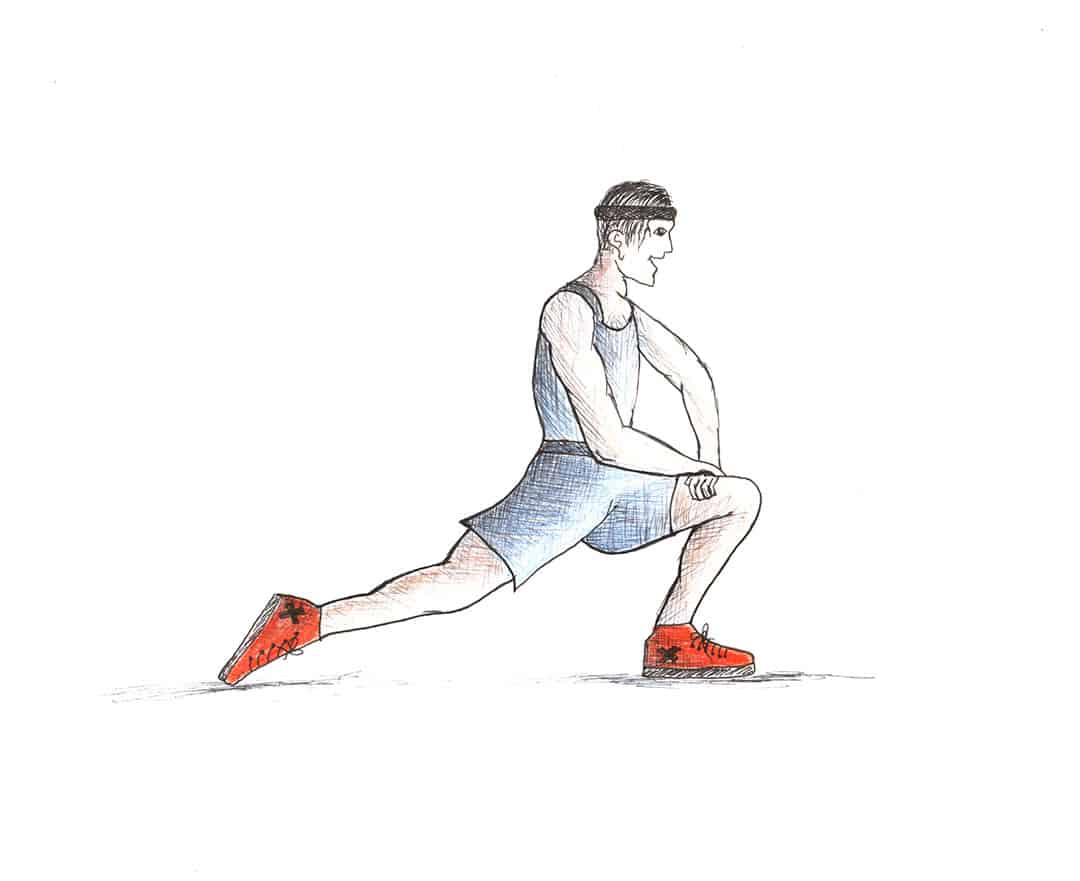“To stretch or not to stretch?” This is the question we often ask ourselves before exercising. Proponents of stretching always credit the act itself as being key to preventing injury. You read or hear about it from almost every fitness blog, trainer, and professional athlete. But does stretching actually help prevent sport-related injuries? The answer: not really.
The correlation between stretching and injury prevention has come back with minimal, even inconclusive results. For instance, a 2005 study by McMaster University professor Lawrence Hart found no evidence of reduced rates for injuries like shin splints, sprains, or tibial stress reaction in any of their trials. Similar results were found in larger randomized trials done in Norway, where the only statistically significant difference between stretchers and non-stretchers was related to stretching aiding in reducing soreness — not preventing injury.
Research performed by Dr. Ian Shrier of McGill University presents the case that stretching could actually make you more susceptible to injury, especially if performed incorrectly. This is due in part to its analgesic, or pain-relieving, effects on your muscles.
This effect was also seen in a study done by Bruno da Costa and Edgar Viera from the Faculty of Rehabilitation Medicine at the University of Alberta. Their study suggests that, although stretching does have some physiological effects that could contribute to reduced pain and discomfort, any evidence of injury prevention is minuscule.
You’re probably wondering how this myth started if research has been suggesting otherwise. Many think this notion stemmed from the belief that stretching improves flexibility, which in turn improves your overall range of motion. Having a full range of motion would mean a lower probability of injury and spasms in the muscles. What most people might not know, however, is that stretching has actually been shown to have minimal effects on your overall flexibility.
So in the end, even if stretching doesn’t guarantee injury prevention, it has proven to have other beneficial effects on both the body and mind — especially for improving performance in specific sports that require enhanced stretches like gymnastics or hurdling. So keep on stretching, but don’t let it fool you into thinking you are invincible to injury.


